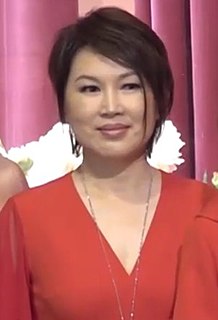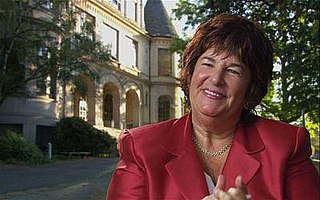A Quote by Rachel Simmons
Painful breakups can have profound effects on the body and mind.
Related Quotes
What really has helped me through my own breakups has been learning tools to self-soothe, reframe, and forgive, and how to channel negative energy into positive. Resilience is a muscle. Learning how to cope and process painful emotions is a muscle. And I've been through enough ups and downs to know that you have a choice. You can use breakups, which are pivotal points in life, as a catalyst for growth, or you can choose to have it make you jaded and more fear-based.
By means of personal experimentation and observation, we can discover certain simple and universal truths. The mind moves the body, and the body follows the mind. Logically then, negative thought patterns harm not only the mind but also the body. What we actually do builds up to affect the subconscious mind and in turn affects the conscious mind and all reactions.
Nakamura Tempu Sensei viewed the mind as a segment of the body that could not be seen and the body as the element of the mind that was observable. He also likened the mind and body to a stream, with the mind as the source flowing down to the body. Whatever we drop in the stream will be carried down by the current. In like manner, our thoughts will influence the body and our well being.
It appears to me that one great cause of our difference in opinion on subjects which we often discuss is that you have always in mind the immediate and temporary effects of particular changes, whereas I put these effects quite aside, and fix my whole attention on the long-term effects that will result from them.
Now if you are going to win any battle you have to do one thing. You have to make the mind run the body. Never let the body tell the mind what to do. The body will always give up. It is always tired morning, noon, and night. But the body is never tired if the mind is not tired. When you were younger the mind could make you dance all night, and the body was never tired... You've always got to make the mind take over and keep going.
The mind commands the body, and it obeys forthwith; the mind commands itself, and is resisted. The mind commands the hand to be moved, and such readiness is there that the command is scarce to be distinguished from the obedience. Yet the mind is mind, and the hand is body. The mind commands the mind to will, and yet, though it be itself, it obeyeth not. Whence this monstrous thing? and why is it?

































